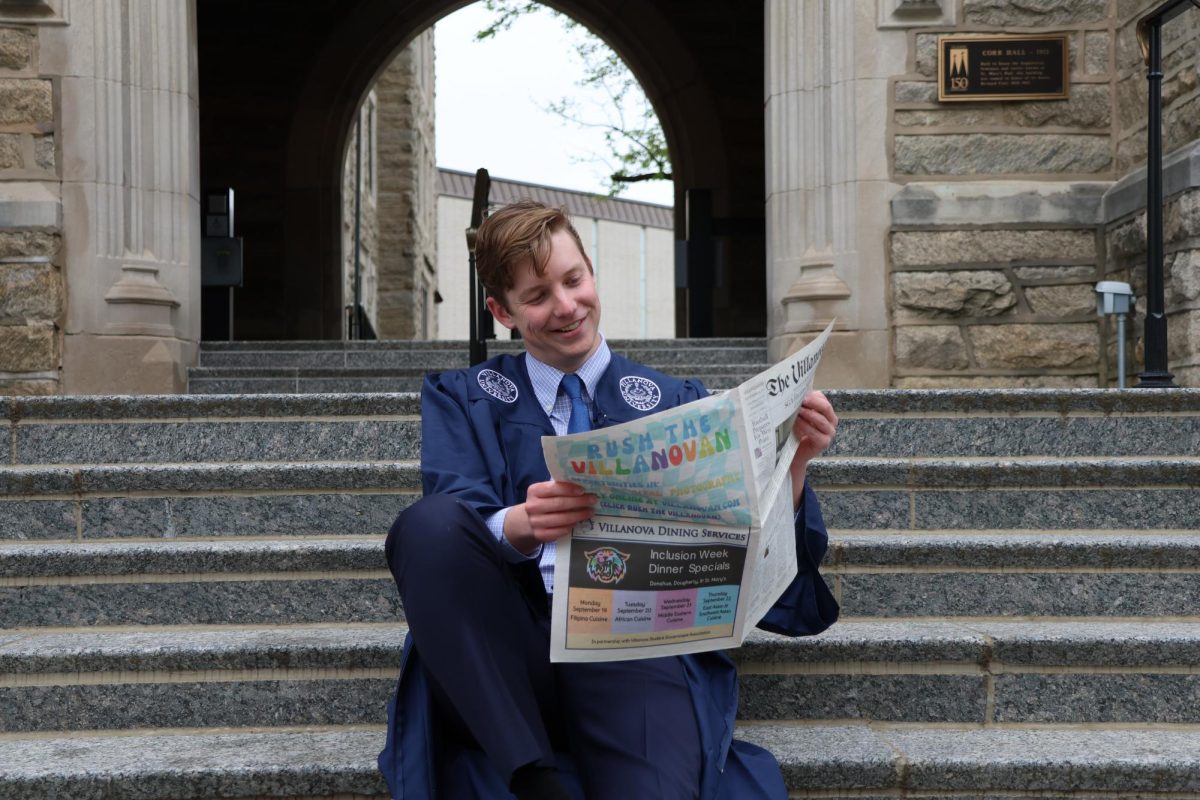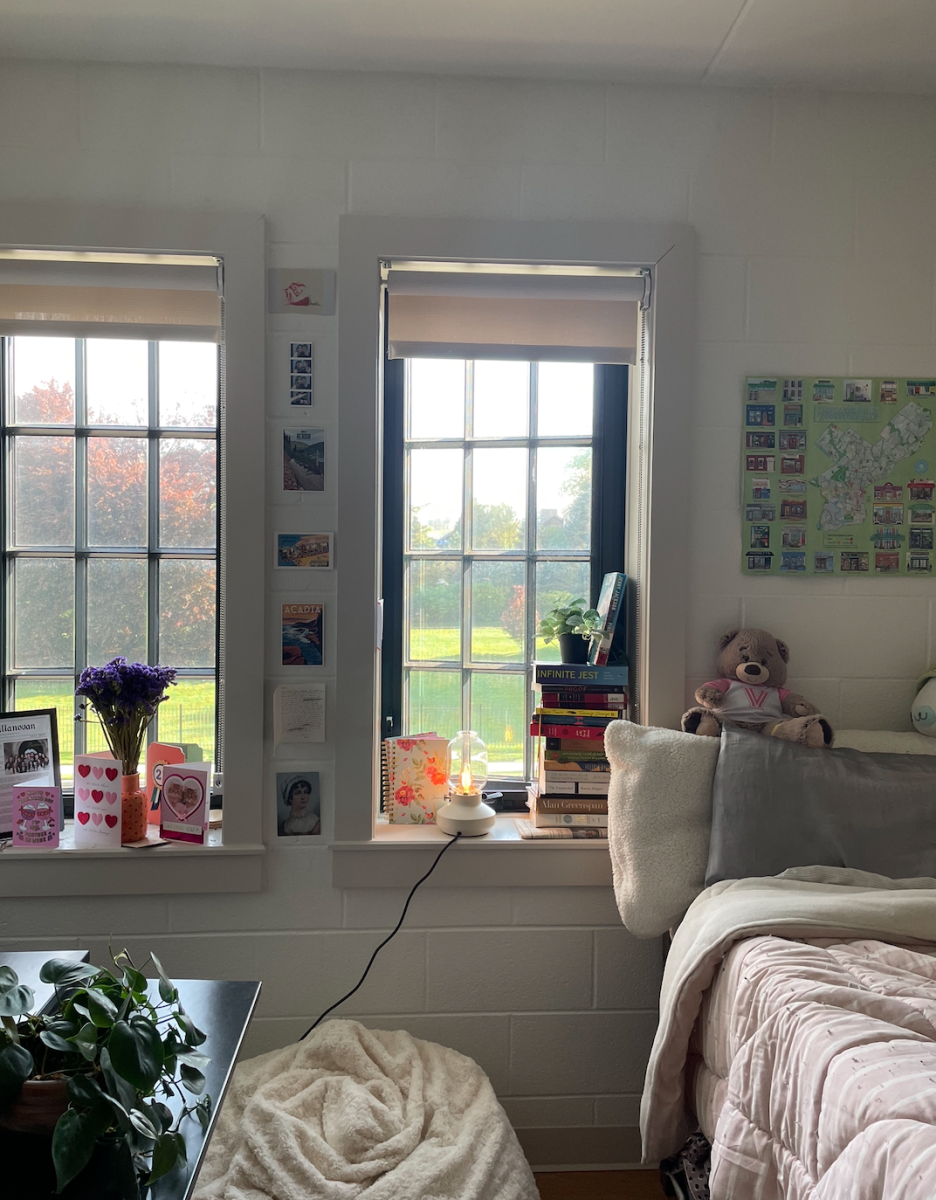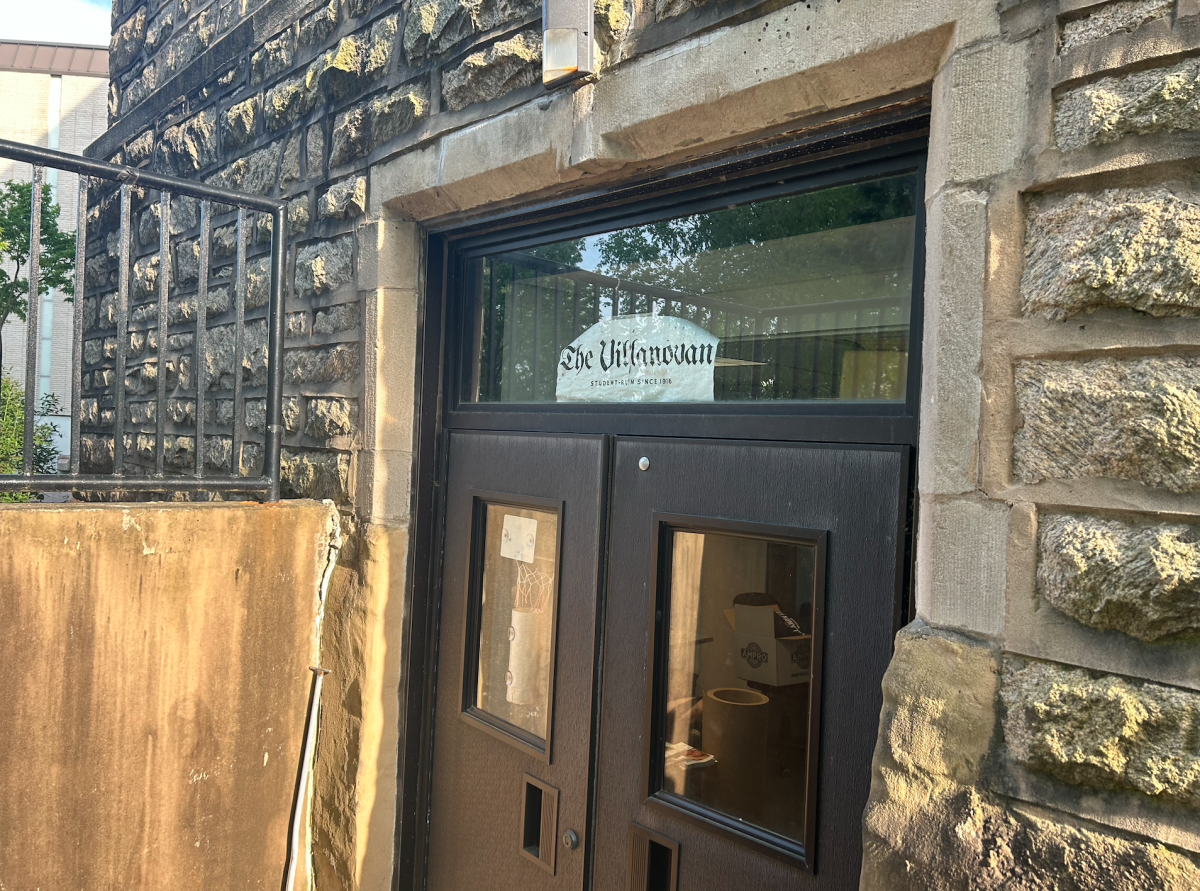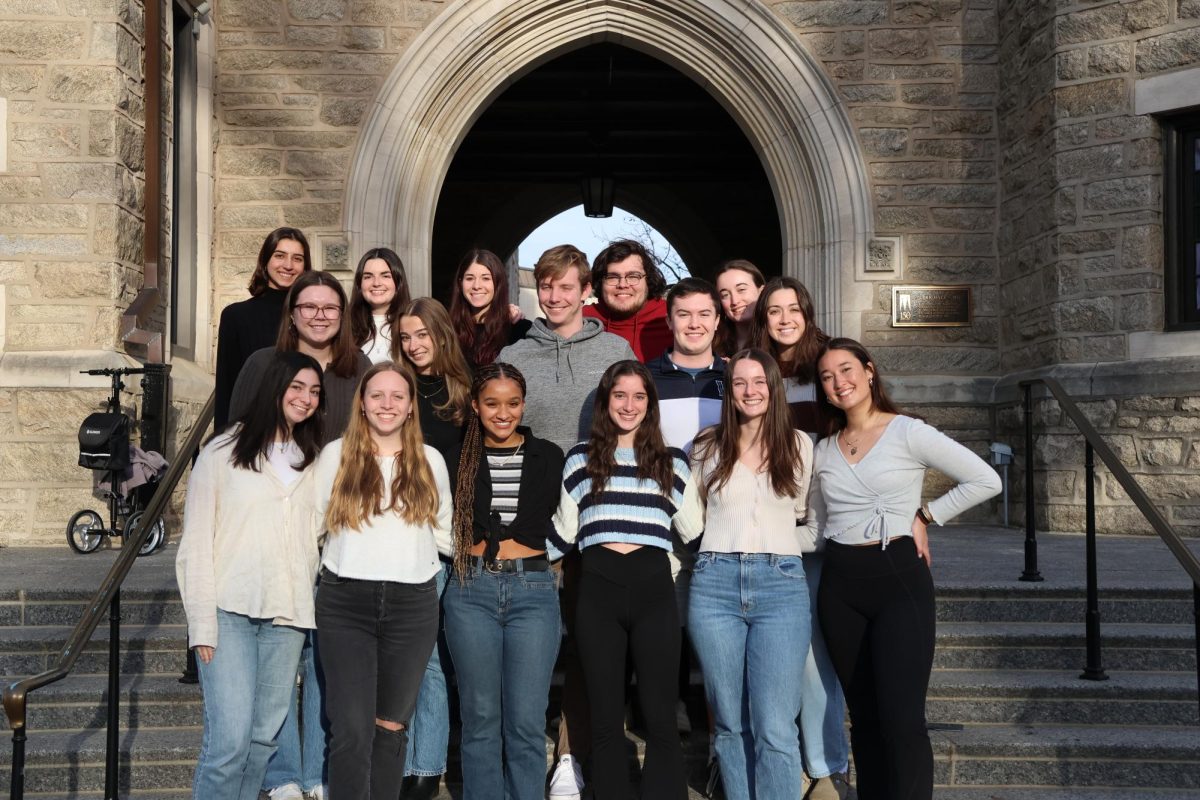Living in a technological age has led to the rapidity of what was once digested over a much more extended period of time. Every minute, the average user is inundated with notifications from their favorite sports teams, emails from professors, text messages from friends and breaking news from all over the world. Surely, this must reap some consequences for human discourse, and arguably, its largest consequence is the lost art form of true listening.
I first noticed this pattern in not only my colleagues, but myself, as well, during meal times this past semester. One individual would share their personal complaint or anecdote, and immediately when somebody else jumped in to share their thoughts, they would be scrolling on their phone or clearly physically disengaged. It struck me then and there as to why our generation is so depressed and talk therapy is more sought out than ever. It is because it is greatly lacking in our social discourse.
This does not serve to diminish the importance of therapy and mental health professionals, who have been of great service to the afflicted, but the correlation between a decline in the average person’s attention span and rise in seeking therapy is extremely strong. Feeling as though you are not being truly heard in your personal life can lead to feelings of deep isolation, despite being surrounded by many, and the social disconnect can arguably be even more lonely than legitimate solitude.
How can we combat this? Perhaps it begins with the act of intentional, deep listening when we spend time with the various people in our lives. It may be difficult to break selfish habits that are not only tolerated, but promoted in our narcissistic society, which is the exact reason why the title of this article refers to listening as a “lost art.” Listening is not the mere act of head nodding and forced eye contact, but rather generating a true interest in an entity outside of oneself. This can be seen through asking questions, making statements that do not refer to your personal experiences, or when it is appropriate, pure silence and physical engagement.
The Villanovan asked other Villanova students for their perspective on the lack of back-and-forth observed in modern discourse. Many people nodded their heads in immediate agreement.
“I definitely see a correlation between the distraction of technology and the distraction we see in the average dining-hall conversation,” freshman Jack McHugh said. “It can feel incredibly frustrating to listen to others for long durations of time and not feel as if you are being afforded the same privilege, which is why I would definitely encourage people to make a concerted effort to make others feel heard and understood in all types of conversations.”
Freshman Angela Choi echoed the sentiments of McHugh.
“I believe a society that listens is a society that thrives,” Choi said. “There is so much to learn from the experiences of others, and there is so much to be gained from closing our lips and opening our ears.”
Of course, in our lives, there are seasons where we feel a pull toward selfishness. Perhaps you lost a loved one, are having a rough time in a new position or are feeling as if you are in a “rut.” This is once again why listening is a true art. It is a tug of war. It would be rather robotic to simply laud listening for its reciprocal benefits (and slightly hypocritical), but through cultivating a culture of listening, we will all be able to express our emotions in an appropriate manner and expand our capacity for empathy and meaningful relationships.






